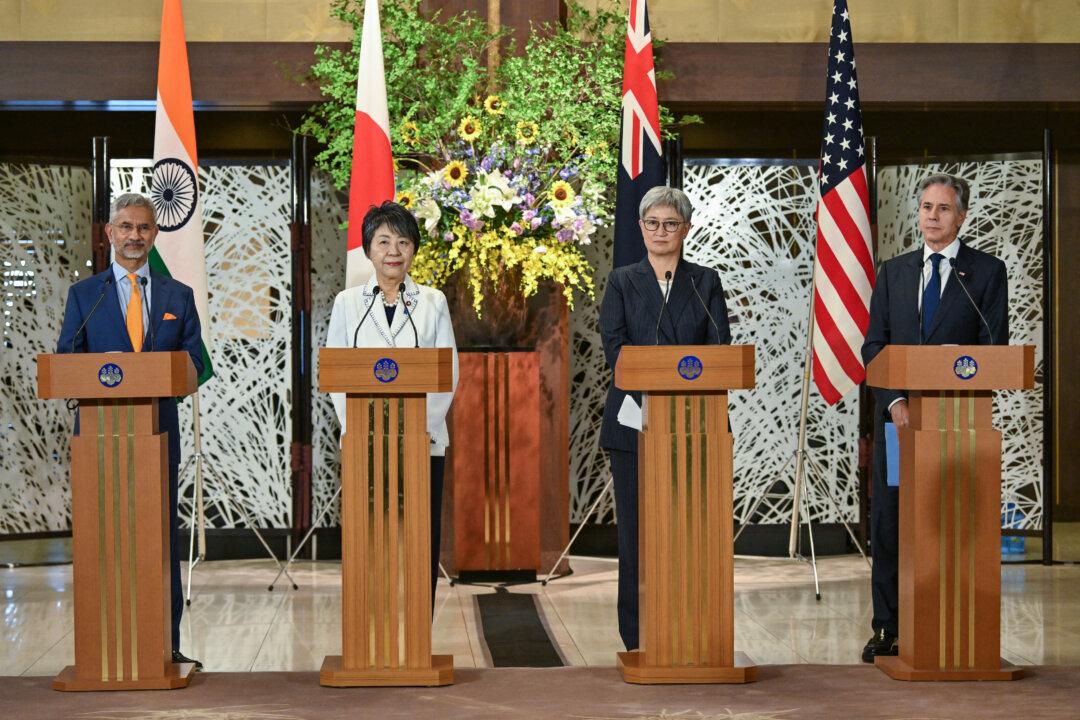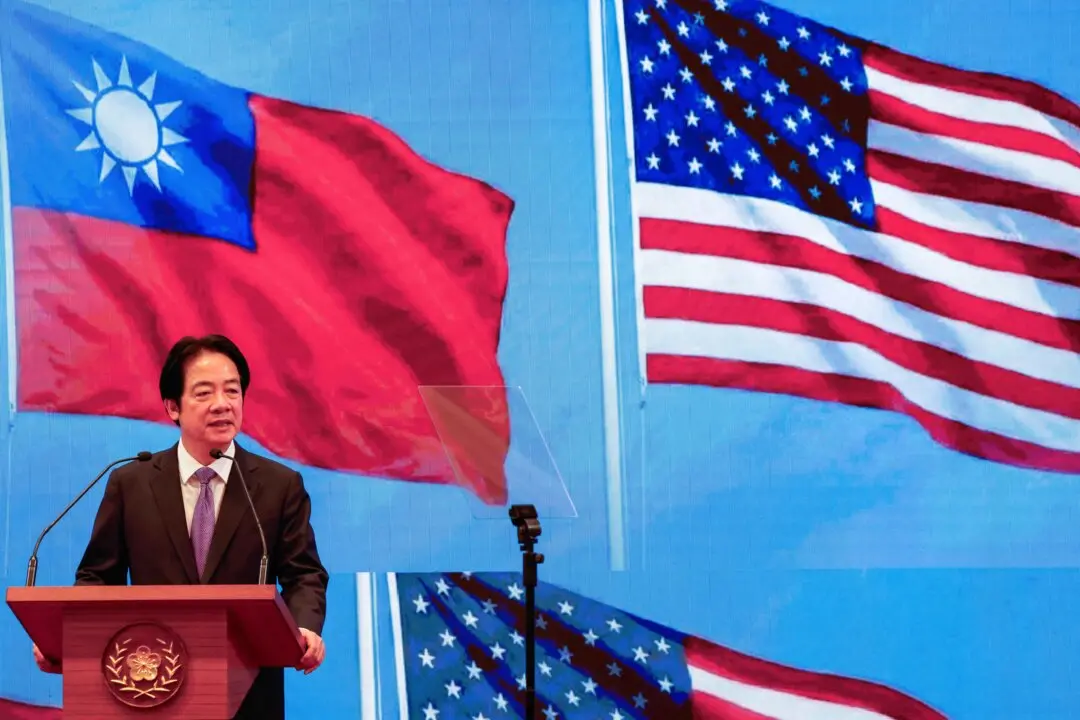U.S. Secretary of State Antony Blinken and top diplomats from Australia, India, and Japan said they are “seriously concerned” about the situation in the South and East China seas and are working on ways to maintain maritime safety and security in the region.
Mr. Blinken, Japanese Foreign Minister Yoko Kamikawa, Australian Foreign Minister Penny Wong, and Indian External Affairs Minister Subrahmanyam Jaishankar were in Tokyo on July 29 for a ministerial meeting of the Quad (Quadrilateral Security Dialogue) partners.




